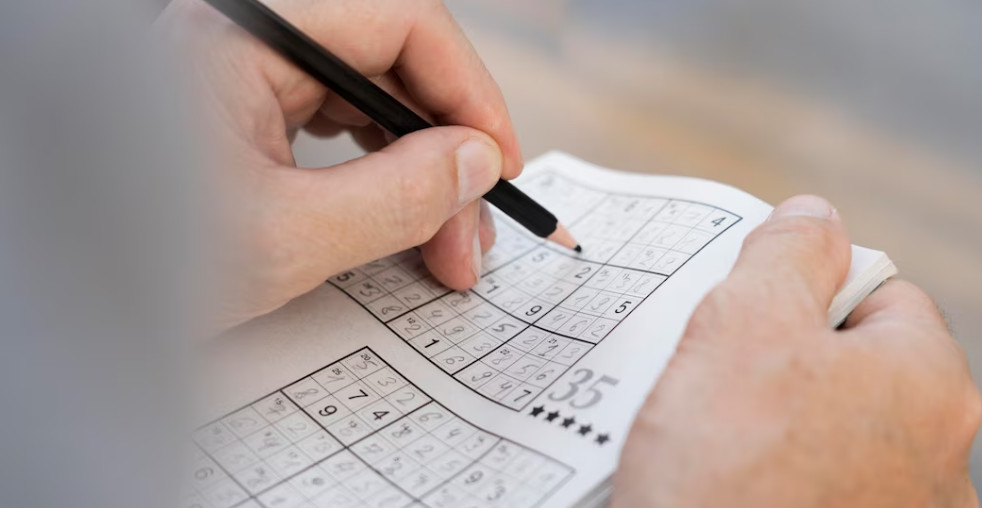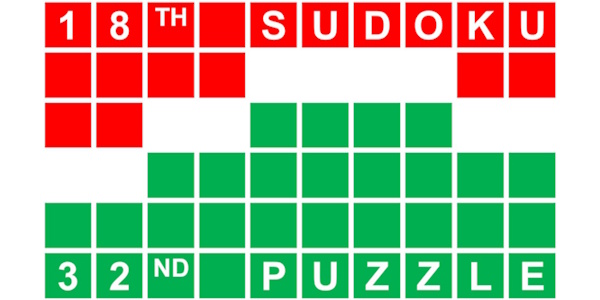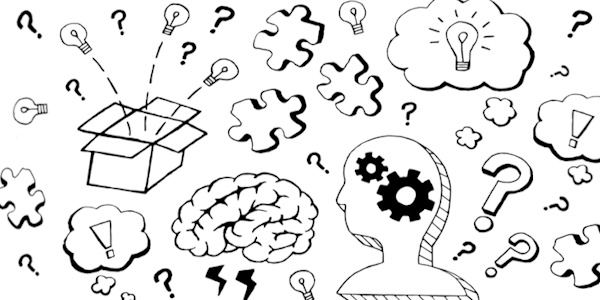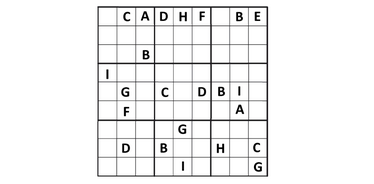People from all walks of life play Sudoku, including students, entrepreneurs, retirees, teachers, managers, salespeople, and laborers. It looks like Sudoku has become a global phenomenon. Since 2006, the Sudoku World Cup has been held with a prize fund of several tens of thousands of dollars. You can play the game in a few different ways: on paper (magazines, newspapers, special editions of the "fat girl" format), or online (you just need a smartphone, tablet, or mobile phone).

Let's take a look at why logic puzzles have become so popular around the world.
"To stretch your brains" and "to move your brains"
If you're looking for a game that will really get your brain going, Sudoku is a great choice. It's a challenging puzzle that requires you to "switch on" and engage your full cognitive abilities. The main cognitive skills that the puzzle is known for are:
- making quick decisions;
- warming up your brain and activating the left hemisphere;
- identifying patterns (typical situations);
- applying logic.
There are lots of reasons why you might want to play Sudoku:
- it helps you switch off;
- it distracts you from routine;
- it relieves stress;
- it stretches your brain;
- it gives you new emotions;
- it activates the left hemisphere, and so on.
Puzzles help you switch on different parts of the brain. Once you've entered the number you've been looking for in the cell, your brain releases endorphins. Players often feel a surge of energy and strength.
There are lots of different ways to calculate missing numbers in Sudoku. Some players take a quick look at the grid to see if they can spot the right option. Some people find it easier to identify the numbers by looking at the columns and rows.
There are lots of different techniques and strategies that people use when they're taking part in the world championships. There are also techniques that have been developed over years of experience.
The game is step by step
The Sudoku puzzle is a game that requires a quick and decisive approach. In the game, you have to place numbers on a grid one at a time.
Each number you put in the grid is one step closer to solving the whole puzzle and winning. Every solution to the puzzle is different. There are millions of different combinations you can make on the grid. At first, filling in the grid can be a bit slow and tedious, especially on complex Sudoku. But there's no need to worry. Just move on, solve the puzzle, and enter the numbers. There'll come a point where everything falls into place and the task will be complete.
Adding a new number to a cell is a great way to feel like you're making progress towards your goal.

Order, restraint, control of emotions
The puzzle doesn't allow for emotional decisions made "hastily" or "in a rush." Playing Sudoku helps you build endurance, control your emotions, and keep a cool head, even in stressful situations.
The game is all about creating order through step-by-step puzzle solving with clear rules and goals.
The puzzle can be seen as a kind of "island of order" in our everyday lives, which are often full of disorder, chaos, and emotional decisions.
If you're looking to take your mind off routine tasks, challenge your brain, or manage stress, Sudoku is a great way to do it. What was your best time for the difficult, medium, and easy Sudoku?



